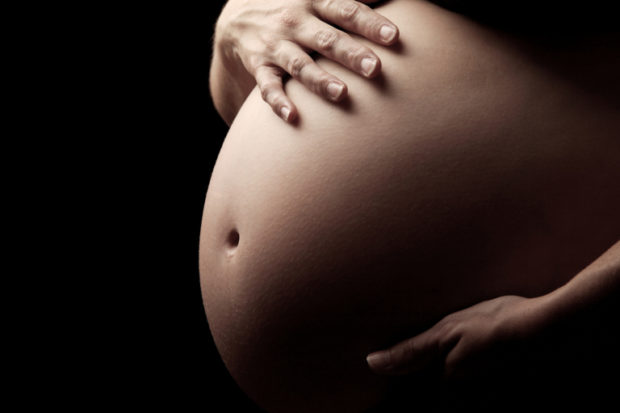Children born to mothers with postnatal depression more likely to have depression later — study

Image: pascalgenest/IStock.com via AFP Relaxnews
A new American study has found that women who experience depression during and after pregnancy appear to have children who are also more likely to experience depression during their teenage and adult years.
In the first study to look at the effect of maternal depression on children age 12 and older, researchers at The University of Texas Health Science Center at Houston reviewed six longitudinal studies that had followed more than 15,000 children age 12 or older.
The findings, published in JAMA Network Open, showed that children born to mothers who had perinatal depression, which is the time during pregnancy (antenatal) or within the first year after birth (postnatal), had a 70% increased chance of experiencing depression themselves during adolescence and adulthood.
The researchers note that ten to 20% of mothers experience perinatal depression, which has been linked with reduced growth rates and malnutrition in children, as well as an increased risk of health problems and obesity in childhood, adding that further research into factors that contribute to depression risk could help reduce depressive disorders in pregnancy.
“There are a lot of studies that look at how perinatal depression affects a child’s growth or emotional well-being, but we wanted to look at how it affects offspring later in life,” said Vaishali Tirumalaraju, MBBS, one of the study’s first authors.
“We found that the offspring of mothers who had perinatal depression, especially antenatal depression, had a greater chance of having depression when they grow up,” added Dr. Sudhakar Selvaraj. “This is important because it shows perinatal depression not only negatively affects the mother, but also has a lasting negative impact on the child.”
The team said the results come at a time when pregnancies are particularly difficult and stressful during the COVID-19 pandemic.
“Stress can cause changes in eating habits, less desire to exercise, and overall less healthy behaviors that can lead to depression,” said Selvaraj, a psychiatrist with UT Physicians, the clinical practice of McGovern Medical School.
“Due to stigma, depression is hard to track because often mothers don’t want to report that they are sad or having trouble mentally. Our study shows the potential long-term impact of depression in offspring and therefore the need for proper screening so that moms who could benefit from counseling and/or medication can be provided the resources they need,” the doctor added. IB
RELATED STORIES:
More evidence that following a healthy diet could reduce symptoms of depression